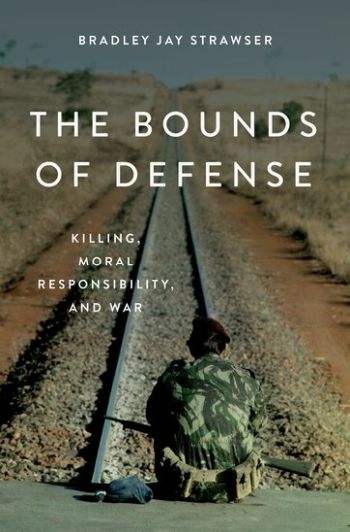
Most people believe that killing someone, while generally morally wrong, can in some cases be a permissible act. Most people similarly believe that war, while awful, can be justified. Bradley Jay Strawser examines a set of related moral issues in war: when it is permissible to kill in defense of others; what moral responsibility would be required to be liable for such defensive killing; how that permission can extend to whole groups of people; and, lastly, what values undergird the permissibility of that defense, such as individual autonomy. Strawser argues for a rights-based account of permissible defensive harm and an 'evidence-relative' basis for the holding those responsible. His view is that in order to be properly responsible for an unjust harm to be justifiably killed, one must act wrongly according to the evidence available to them.
Extending this view, Strawser explores how such a rights-based model can make sense of the wide-spread destructive harms of war. He endorses a revisionist approach to just war theory and argues in its defense; and he also shows how his evidence-relative account supports revisionist just war theory by better grounding it in the real world of modern warfare. Lastly, he offers a new proposal for how targeting in war could better align with respect for the rights of individual persons, and demonstrate how revisionist just war theory-and any rights-respecting just war account more broadly-could conceivably work in practical ways.